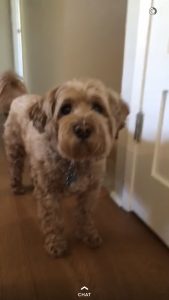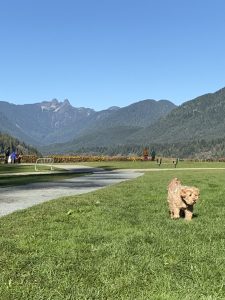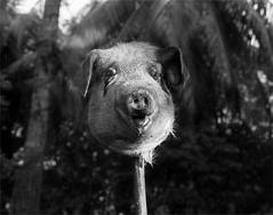Lutz, in his asking of us, his readers, to “perceive Indigenous performance through their eyes as well as those of the Europeans,” is presenting us with a rather troublesome exercise. Of course, having a limited scope of Indigenous culture and tradition presents a significant obstacle in the function of viewing this through the eyes of the Indigenous at this time. Of course, this is the case for a large amount of us due to the silencing and suppression of Indigenous written and oral content. We, students in 2021, are far removed and unable to envision that moment of initial meeting, so having an idea of the gravity of and what this moment would be like through the lens of either party is a long shot. However this is quite apparent, and Lutz is clearly aware of this in his asking.
What we, the readers, can begin to collectively understand, is the unjustified overtaking of Indigenous land and culture by the Europeans. John Winthrop, a founding member of the Massachussetts Bay Colony “justified his claims to the Indigenous Peoples’ land by arguing that they did not mark their ownership of it in ways that Europeans recognized” (Strom, 1978.) There is was clearly a lack of recognition from one party to the other. Another example is the effect of “first contact” on the Beothuk peoples of Newfoundland. The “European colonization forced the Beothuk from their traditional coastal settlements,. And into conflict with other indigenous peoples over resrouces such as caribou” (Caryl-Sue, 2018.) These are things we hear about through articles and written reports, but the act of putting yourself in the shoes of those involved in these instances is rather ambitious.
With this being said, what Lutz does encourage us to do, is acknowledge the fact that we occupy a very different existence than that of our ancestors; and with this comes a great deal of misinformation and falsity in the adaptation of their history. I found this reading to be very eye-opening!
Works Cited
Lutz, J. S., Binney, J., Dauenhauer, N. M., Dauenhauer, R., & Maclaren, I. S. (2014). Myth and memory: Stories of indigenous-european contact. In Myth and Memory: Stories of Indigenous-European Contact (pp. 30-45). Vancouver: UBC Press.
Strom, Margot Stern. “Facing History and Ourselves: The Study of the Holocaust and Human Behavior.” Media and Methods 14.9 (1978): 17-20.
First encounters in the Americas. (n.d.). Retrieved from https://www.facinghistory.org/holocaust-and-human-behavior/chapter-2/first-encounters-americas



